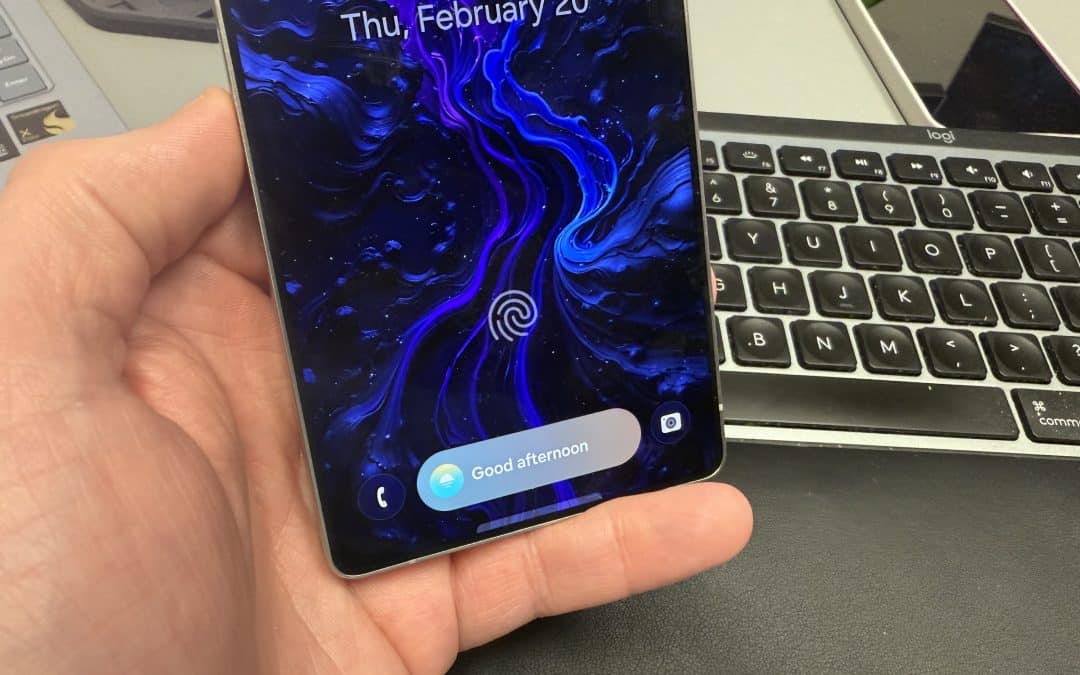Samsung and Hyundai have taken a major step forward in enhancing connectivity inside factories and offices with private 5G. The companies successfully completed the first-ever end-to-end Reduced Capability (RedCap) 5G trial over a private network. The Korean firm will showcase this breakthrough at MWC 2025 next week.
Samsung and Hyundai complete the world’s first private 5G RedCap trial
Hyundai has deployed Samsung’s 5G solutions for cutting-edge private 5G networks at its Ulsan Plant, the world’s largest automobile production facility — it produces an average of 6,000 vehicles per day. This integration enables real-time data exchange across automated systems, smart sensors, and IoT devices, enhancing efficiency on the factory floor.
This modernization of Hyundai’s Ulsan factory began in October last year. In the latest milestone, Samsung tested RedCap technology using Hyundai’s Diagnostic Scan (D Scan) tool, which plays a key role in vehicle inspection. Traditionally reliant on Wi-Fi, the new 5G-powered system improves speed, reliability, and accuracy, ensuring vehicles meet quality standards before they roll off the production line.
RedCap is designed for compact IoT devices that require lower power consumption while maintaining fast and stable connectivity. This makes it ideal for manufacturing environments, where sensors, automated robots, and testing equipment need seamless, high-speed data transmission.
By integrating RedCap into its private 5G network, Hyundai aims to automate its assembly lines, streamline operations, and enhance productivity. The technology will be expanded to Hyundai’s upcoming electric vehicle (EV) manufacturing plants, set to begin operations in 2026.
Samsung, meanwhile, aims to bring private 5G networks to more industries, including healthcare, construction, and education. At MWC 2025, the company will unveil its next-generation private 5G solutions, featuring virtualized RAN (vRAN) technology and AI-powered automation. “Samsung’s RedCap-powered private 5G network solutions will open up more possibilities for enterprises, manufacturers, and public institutions, serving as a gateway to driving more efficient 5G networks,” said Simon Lee, a VP at the company.






